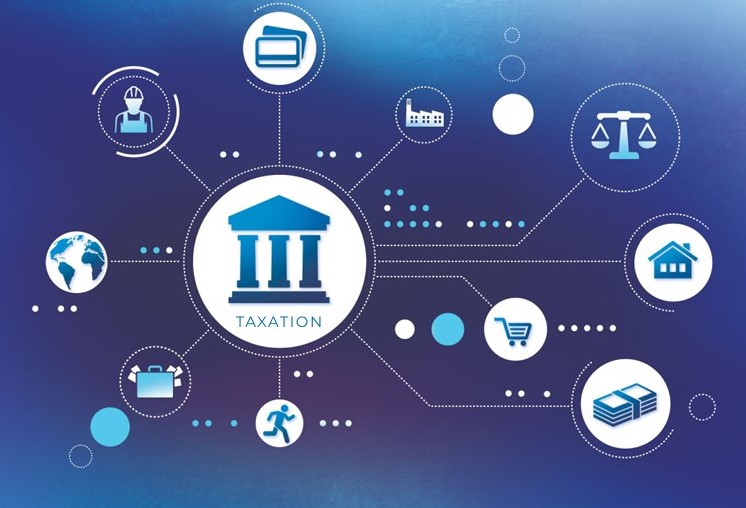
Rethinking Taxation for Growth in Latin America and the Caribbean
The World Bank analyzed the current state and prospects of fiscal systems in Latin America and the Caribbean.
According to experts, total tax revenues in the region amount to 22% of GDP, compared to 34% in OECD countries, with 70–80% of collections concentrated in four taxes: VAT, corporate income tax, personal income tax, and property taxes. The tax gap in some countries reaches 5–7% of GDP due to weak tax administration and the large informal sector, which employs up to 50% of the labor force. Unlike advanced economies, the region relies more heavily on VAT and corporate tax, reflecting the narrow base of personal income taxation and limited use of wealth taxes. However, high rates—particularly on corporate income—tend to encourage tax evasion, reduce formal employment, and discourage investment. The World Bank advises against excessive increases in wealth or income taxes, recommending instead to broaden the tax base and channel revenues toward targeted transfers to poorer segments of the population.



